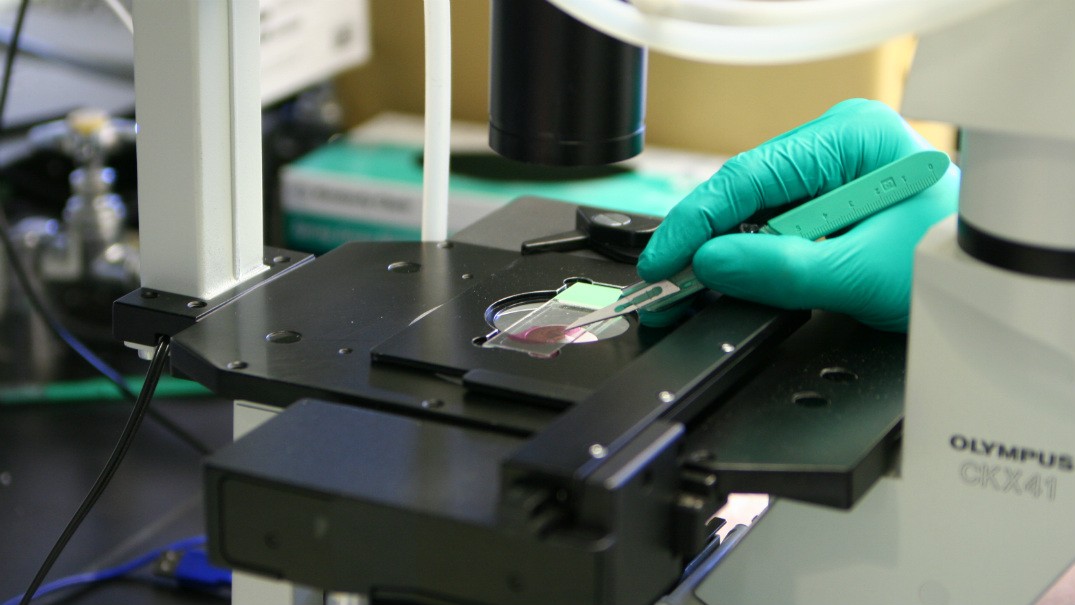One of the goals of CPMI is to facilitate the development of mouse models of human genetic disease using the latest gene editing technologies that allow precision targeting of the exact disease mutations found in patients
We were impressed with the response and with the broad range of proposals from Columbia faculty. The standard of the applications we received was very high. Thanks to all who submitted proposals and to those who participated in the review process.
Recipients of funding:
Lorraine N. Clark, PhD, Associate Professor and Assistant Medical Director of Pathology & Cell Biology, Laboratory of Personalized Genomic Medicine, Taub Institute.
The Parkinson’s disease associate GBA variant E326K, as a therapeutic target.
This study will test the GBA variant E326K as a therapeutic target for Gaucher disease and Parkinson’s disease.
Simone Sanna-Cherchi, MD, Florence Irving Assistant Professor of Medicine.
De novo truncating mutations in TRIM8 define a novel syndrome characterized by childhood epilepsy, focal segmental glomerulosclerosis (FSGS) and vesicoureteral reflux.
This work will investigate the mechanisms by which mutations in TRIM8 define a novel syndrome characterized by epilepsy and renal and urinary tract involvement. The work may illuminate the pathogenesis of FSGS, one of the most common causes of kidney failure, in which progressive scarring of the glomeruli leads to permanent kidney damage.
Steven Siegelbaum, PhD, Professor and Chair of Neuroscience,
Modeling HCN1 gene variants associated with human early infantile epileptic encephalopathy (EIEE) in mice.
This study will investigate the role of HCN1 gene variants associated with infantile epileptic encephalopathy, a severe and often intractable seizure disorder that contributes to a progressive disruption of brain function, often accompanied by developmental delay and various neurological and non-neurological comorbidities.
Carol M. Troy, MD, PhD, Professor of Pathology & Cell Biology,
Mouse models of intellectual disability with novel lissencephaly associated with CRADD mutations.
This work will investigate how CRADD mutations associated with developmental impairments among isolated Mennonite populations reveal new insights into the role of a metabolic pathway also implicated in Alzheimer’s pathology.
Ai Yamamoto, PhD, Associate Professor of Neurology and of Pathology & Cell Biology,
The role of Wdfy3 in CNS development and disease
This study will explore the role of Wdfy3 in autophagy and the resulting processes of development and degeneration of the central nervous system.

